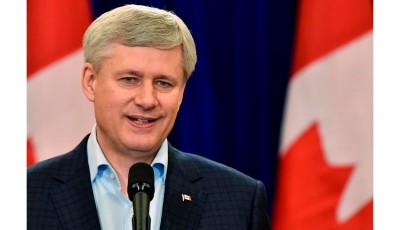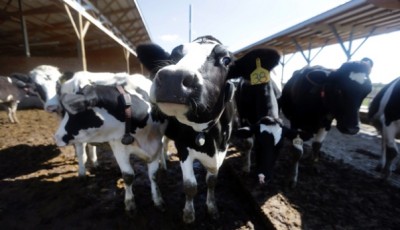Ex-Sri Lanka president Rajapakse concedes defeat in parliamentary polls
Sri Lanka held a parliamentary election that will decide whether ex-president Mahinda Rajapaksa can stage a political comeback, as the leader who toppled him in January manoeuvred to block his path back to power.
“My dream of becoming prime minister has faded away”, Mr Rajapakse told AFP.
“I would have retired if they were doing a good job”, the 69-year-old said in one of his last addresses before Monday’s elections to the 225-seat national parliament.
“We have won eight districts and the UNP [ruling United National party] has 11 [out of a total of 22]”, Rajapakse said. “It was a hard fight”. Defeat for Rajapaksa would keep Sri Lanka on a non-aligned foreign policy course and loosen its ties with China, which during his rule pumped billions of dollars into turning the Indian Ocean island into a maritime outpost.
Election Commissioner Deshapriya said he expected the release of the final party positions by midday Tuesday, while individual votes garnered by candidates would be announced later. “I was forced to return to politics because the government is messing things up”. “This time too we have lost”.
Rajapaksa is hugely popular among big sections of the ethnic majority Sinhalese community for presiding over the crushing defeat of Tamil guerrillas in 2009 after their 37-year campaign for a separate homeland. A strong result for the UNP would likely see Wickremesinghe confirmed as prime minister of a centre-right government that would seek to revive stalled reforms to make the government more open and accountable. “So please don’t come forward at this election”, Sirisena told Rajapaksa.
Around 70 per cent of the 15 million registered voters took part in Monday’s poll.
Deshapriya said the vote, called a year ahead of schedule by President Maithripala Sirisena, had been one of the most peaceful in Sri Lanka’s history.












